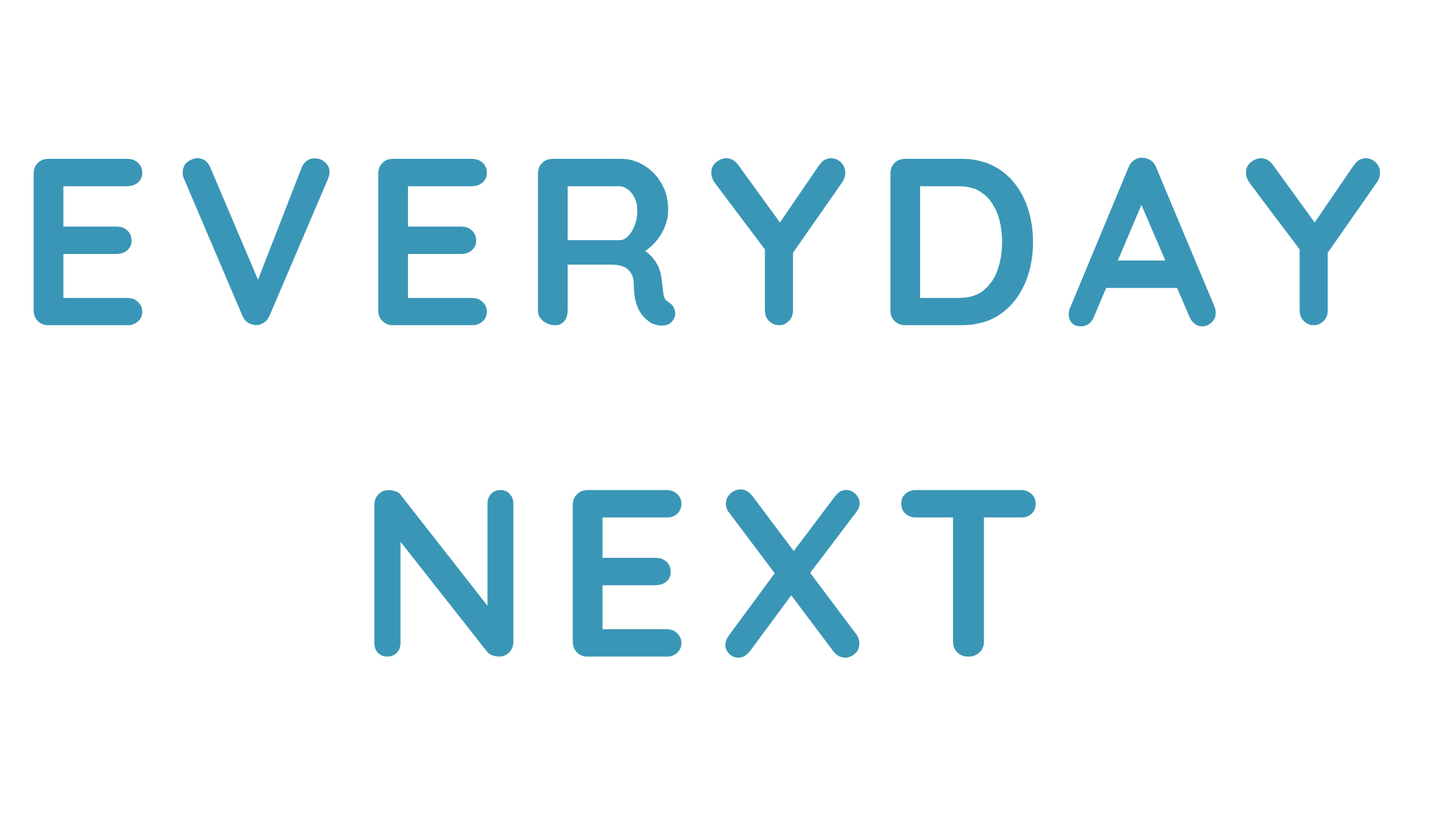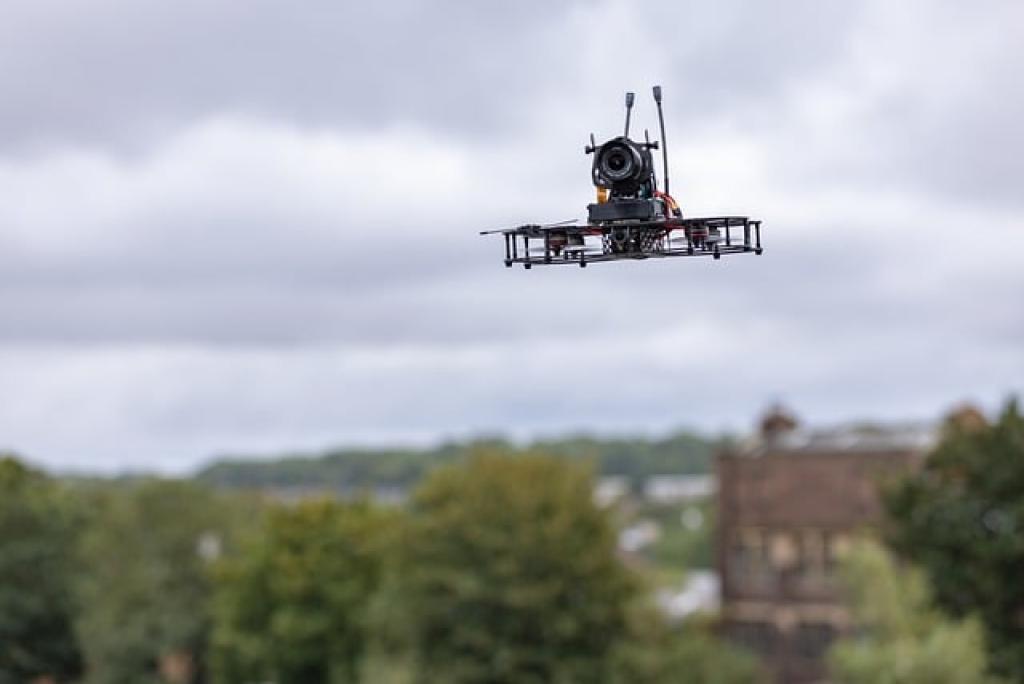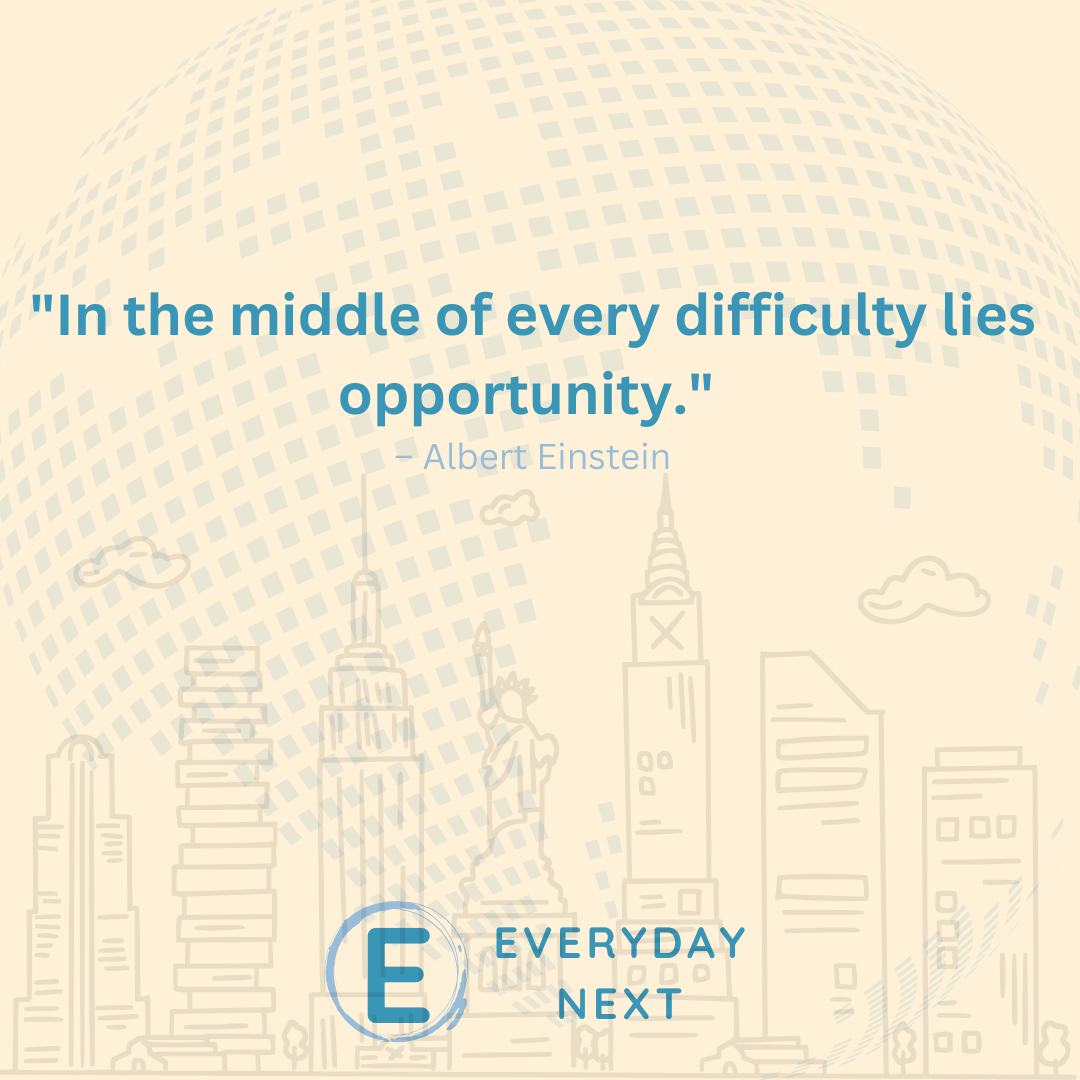
Exploring the Versatile Applications of Blockchain Technology Beyond Cryptocurrency
When we hear the term “blockchain technology,” many of us immediately think of cryptocurrencies like Bitcoin or Ethereum. While it’s true that blockchain technology is the backbone of cryptocurrencies, its potential applications go far beyond just digital coins. In this post, we will delve into the versatile world of blockchain technology and explore the various innovative ways it is being used across different industries.
Understanding Blockchain Technology
Before we dive into the applications of blockchain technology, let’s first understand what it actually is. At its core, a blockchain is a decentralized, distributed ledger that records transactions across a network of computers. Each block in the chain contains a number of transactions, and every time a new transaction occurs, a record of that transaction is added to every participant’s ledger.
Supply Chain Management
One of the most promising applications of blockchain technology is in supply chain management. By utilizing blockchain, companies can create a transparent and immutable record of every transaction that occurs along the supply chain. This level of transparency can help prevent fraud, reduce errors, and improve the overall efficiency of the supply chain.
Healthcare
In the healthcare industry, blockchain technology is revolutionizing the way patient data is stored and shared. By using blockchain, sensitive patient information can be securely stored and accessed by authorized healthcare providers when needed. This not only improves data security but also streamlines the process of sharing medical records across different healthcare providers.
Smart Contracts
Smart contracts are self-executing contracts where the terms of the agreement are directly written into code. These contracts automatically execute and enforce the terms of the agreement when certain conditions are met. By leveraging blockchain technology, smart contracts can revolutionize the way contracts are created and executed, making them more secure and efficient.
Voting Systems
Blockchain technology has the potential to revolutionize the way we conduct elections and voting processes. By using blockchain for voting systems, we can create a secure and transparent method for casting and counting votes. This can help prevent voter fraud, increase voter turnout, and improve the overall integrity of the electoral process.
Real Estate
In the real estate industry, blockchain technology is being used to streamline property transactions and reduce fraud. By using blockchain for real estate transactions, parties involved can have a secure and tamper-proof record of ownership and transaction history. This can help simplify the process of buying and selling property while ensuring transparency and security.
Intellectual Property Rights
Protecting intellectual property rights is crucial in today’s digital age. Blockchain technology can be used to create a decentralized and secure way to manage intellectual property rights. By storing ownership information on a blockchain, creators can prove ownership of their work and protect it from infringement.
Cross-Border Payments
Blockchain technology is also transforming the way cross-border payments are made. Traditional payment methods are often slow, expensive, and prone to errors. By using blockchain for cross-border payments, transactions can be completed faster and with lower fees. This can benefit businesses and individuals who frequently engage in international transactions.
Sustainability and Energy Trading
Blockchain technology is being used to create more sustainable and efficient energy trading platforms. By utilizing blockchain, renewable energy producers can sell excess energy directly to consumers without the need for intermediaries. This not only promotes the use of clean energy but also creates a more decentralized and efficient energy market.
The Future of Blockchain Technology
As we look to the future, the potential applications of blockchain technology are truly limitless. From healthcare to supply chain management to real estate, blockchain has the power to transform industries and improve processes across the board. By leveraging the unique features of blockchain technology, we can create a more secure, transparent, and efficient world.
The Bottom Line
In conclusion, blockchain technology offers a wide range of applications beyond just cryptocurrencies. From supply chain management to healthcare to smart contracts, blockchain has the potential to revolutionize various industries and processes. As we continue to explore the possibilities of this innovative technology, we can expect to see even more creative and transformative use cases emerge in the years to come. Blockchain is not just the future of finance; it is the future of technology as a whole.














Pingback: 5G in 2025: High-Speed Networks and the Path to 6G - Everyday Next
Pingback: Green Tech Innovations: How Sustainability is Driving New Inventions - Everyday Next
Pingback: Functional Beverages 101: Adaptogenic Drinks for Health & Energy - Everyday Next